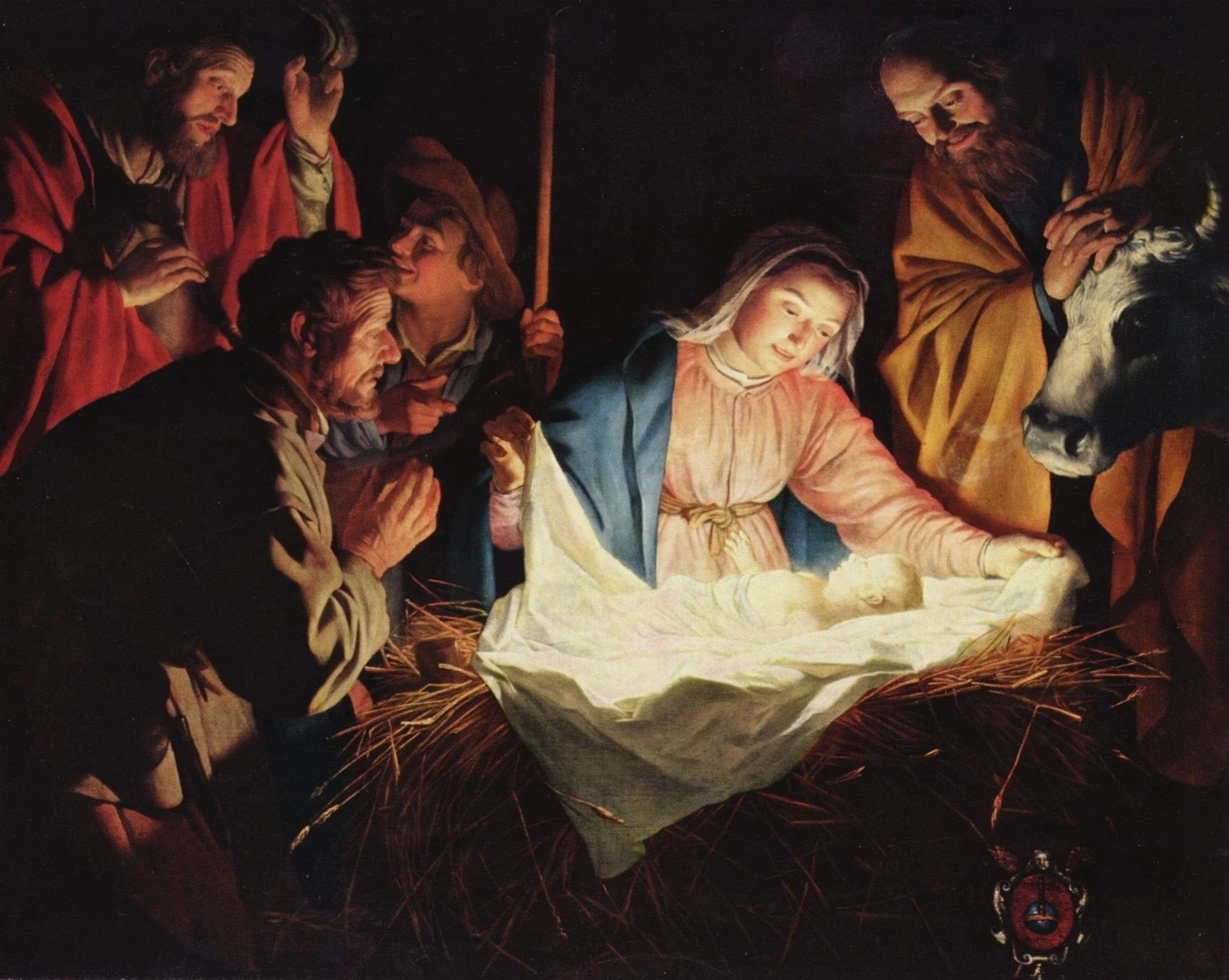A Further Look at Peace
Last week we took a look at the last name of Jesus mentioned in Isaiah 9:6. Next month I plan on getting back to my monthly columns, but I thought this idea of the Prince of Peace something we need to sit on for a spell. Peace is a commodity that is hard to come by. Even as Christ followers we struggle with anxiety and worry, just like many people. If Jesus is the Prince of Peace, then why do we, who call Him our Savior, have such a hard time finding peace?
Image by Gerd Altmann from Pixabay
Finding peace is directly related to knowing the Prince of Peace; Jesus. It isn’t just a head nod to whether Jesus was a real, historical figure, but an understanding and acceptance of why He came to earth and what He did while He was here. Even that understanding can be on an intellectual level rather than a heart level. Truth faith is committing ourselves to what God says in His word, the Bible, about who Christ is, who the Holy Spirit is, and our part in the faith process.
“Therefore, having been justified by faith, we have peace with God through our Lord Jesus Christ,
2 through whom also we have obtained our introduction by faith into this grace in which we stand; and we exult in hope of the glory of God.”
Once we have that relationship with our Prince of Peace we begin to grow in our walk with Him. As we read His word our understanding of His movement in our lives and our responsibilities to Him become more clear. However, we are still walking in this world, daily affected by our flesh and all of its struggles and appetites. Peace comes more easily as we walk by the Spirit rather than the flesh.
“16 But I say, walk by the Spirit, and you will not carry out the desire of the flesh.
17 For the flesh sets its desire against the Spirit, and the Spirit against the flesh; for these are in opposition to one another, so that you may not do the things that you please. ”
What is it, then, that destroys our peace? What keeps us from having that peace from Prince of Peace? Why do we so often strive when we are facing difficulty, rather than just having the peace that passes all understanding. Let’s look at a few thoughts.
1 - Anxiety
Image by Pete Linforth from Pixabay
“No amount of regretting can change the past, and no amount of worrying can change the future.”
“Worrying is carrying tomorrow’s load with today’s strength- carrying two days at once. It is moving into tomorrow ahead of time. Worrying doesn’t empty tomorrow of its sorrow, it empties today of its strength.”
Here is an interesting article from Psychology Today on the difference between worry and anxiety. For this post today we are going to look at the two as one. Certainly worry can lead to anxiety, and it would be rare to have anxiety without some sort of worry.
Obviously anxiety/worry can take away our peace. If we live life in the realm of the “what if’s” we will never know the beauty of a life of peace or contentment. God’s word is very specific about worry and anxiety. Our great Creator knew we would struggle with this, so He gave us tools to use when we are in the anxious state. We’ll look at those next week, but for now, this is what the Bible says about worry and anxiety.
““For this reason I say to you, do not be worried about your life, as to what you will eat or what you will drink; nor for your body, as to what you will put on. Is not life more than food, and the body more than clothing?
26 Look at the birds of the air, that they do not sow, nor reap nor gather into barns, and yet your heavenly Father feeds them. Are you not worth much more than they? 27 And who of you by being worried can add a single hour to his life?
28 And why are you worried about clothing? Observe how the lilies of the field grow; they do not toil nor do they spin,
29 yet I say to you that not even Solomon in all his glory clothed himself like one of these.”
“Be anxious for nothing, but in everything by prayer and supplication with thanksgiving let your requests be made known to God.”
2 - Unresolved Emotions
Image by Grae Dickason from Pixabay
You might wonder what I mean by unresolved emotions. I am referring to emotions that have come about due to difficult circumstances or relationships. Anger, sadness, or fear when left to fester will consume us and take away our peace.
Emotions are God’s gift to us. They give us the ability to live a full and productive life. Fear enables us to keep ourselves secure and away from harm. Sadness allows us to see that which is really important to us. Desire motivates us to do things. Anger itself can be a useful emotion if it moves us to take good action like lobbying for change or protecting someone who is being harmed. However, these emotions can also be the pathway for anxiety, bitterness, addiction, and wrath. What does the Bible say about our emotions?
“The Lord is my light and my salvation; Whom shall I fear? The Lord is the defense of my life; Whom shall I dread?”
“Why are you in despair, O my soul? And why have you become disturbed within me? Hope in God, for I shall again praise Him For the help of His presence.”
“You open Your hand And satisfy the desire of every living thing.”
“Be angry, and yet do not sin; do not let the sun go down on your anger,”
God knows our emotions better than we know them ourselves and we were created with them to use them as a way to worship and draw closer to Him. Allowing those emotions to take over will take away our peace and cause further problems. Counseling offices are full with people who are trying to figure out how to manage their run away emotions.
3 - Pride
Image by Daniel Borker from Pixabay
How does pride get in the way of having God’s perfect peace? What does the Bible say?
“Pride goes before destruction, And a haughty spirit before stumbling.”
That one verse sums up God’s opinion on pride. The Bible is actually full of examples of men whose very kingdom’s fell due to their pride. Let’s not forget Satan, our enemy whose pride led to his being banished from heaven. See Ezekiel 28:13-19. Pride is the exact opposite of humility and humility is essential in our relationship with God.
Peace in our lives requires dependence on the Prince of Peace. Dependence requires a humble heart.
Next week I will share with you ways to combat these three thieves of peace. I hope you will come back again.
Have a great weekend!







